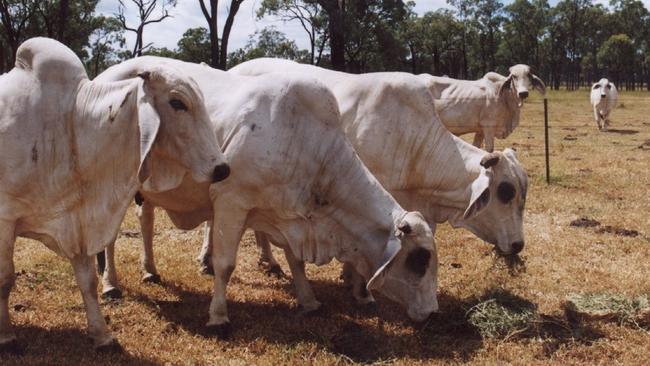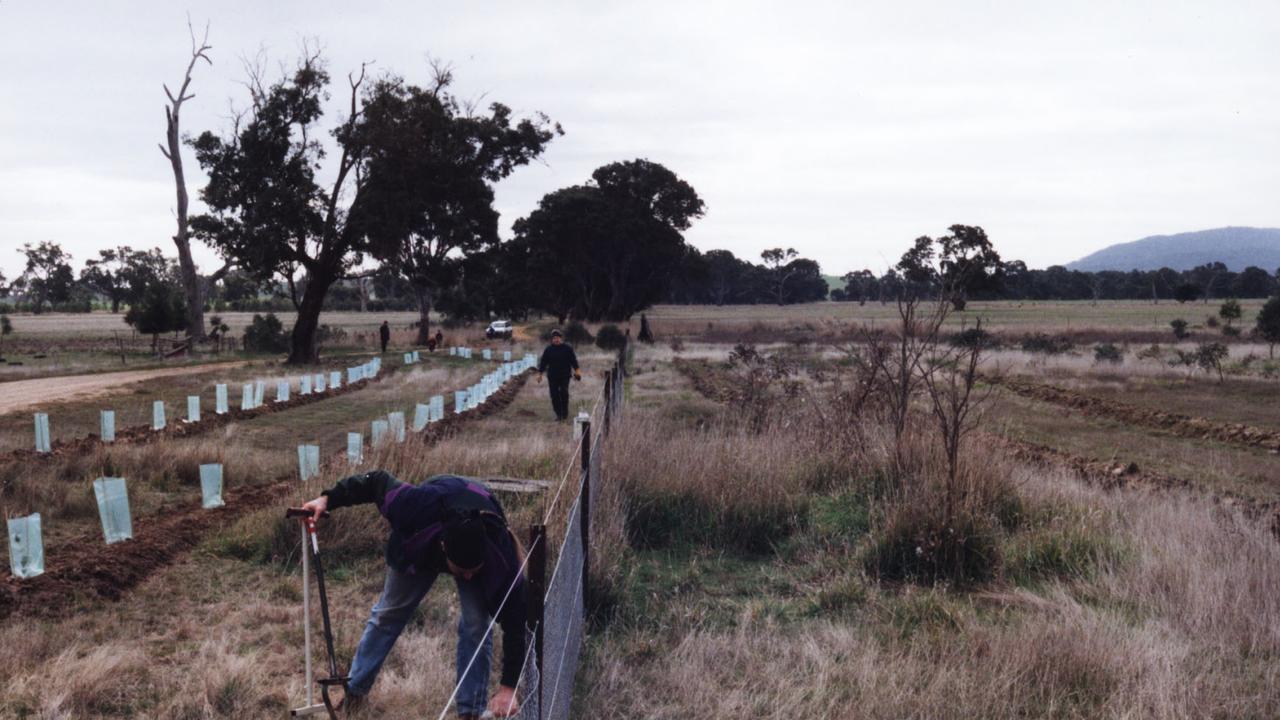Calls for Federal Government to wind back changes to FIRB screening thresholds
THE new Foreign Investment Review Board screening thresholds are “actively discouraging foreign investment”, a new report has found.

AUSTRALIA’S agriculture sector will suffer if the Federal Government does not wind back its changes to Foreign Investment Review Board ​screening ​thresholds, a new report has found.
The Business Council of Australia report, released today, presents a damning picture of the Government’s new thresholds, arguing they are “actively discouraging foreign investment”.
The changes, which comes into force from today, will see the FIRB threshold for foreign buyers of agricultural land reduced from $252 million to $15 million, and down to $55 million for investment in agribusiness.
The BCA report, Building Australia’s Comparative Advantages: A 21st Century Agrifood Sector, calls on the Government to return to the $252 million threshold for both businesses and rural land.
It also recommended dumping new fees that see foreign investors paying up to $100,000 non-refundable to have a FIRB application considered.
“These thresholds were amended without the Government undertaking the proper regulatory review process. No regulatory impact statement was prepared, or released, prior to the decision being made,” the report said.
“The introduction of new thresholds for foreign investors in Australian agribusiness ... introduces an additional hurdle for potential investors to clear, potentially resulting in diminished offers in the sector.”
The report stated that, given the “limited ability and interest” in financing agriculture domestically, foreign investment was needed to keep the sector going.
Agriculture Minister Barnaby Joyce disagreed, arguing investors were “still lined up on the street wanting to buy”.
“I can understand why those who make a lot of money, a lot of fees and commissions out of selling large parcels of land want no impediments,” Mr Joyce said.
“But this is not the view of the Australian people. They do want proper oversight and this is what we intend to give them.”
Labor’s agriculture spokesman Joel Fitzgibbon said the BCA’s report backed Labor’s position that the thresholds were “sending all the wrong messages to the investment community”.
Labor sought to retain the $252 million threshold.
The Coalition did a deal with the Greens — who wanted an even tighter threshold of just $5 million — to get the reforms through.
The BCA report called for agriculture and food manufacturing to be considered as “a single agrifood sector” with a “clear united vision” and “value-adding across the entire supply chain”.
It also recommended: more free-trade agreements; addressing non-tariff trade barriers to take full advantage of recent trade deals in Asia; a national branding strategy for agrifood; economy-wide reforms for tax and industrial relations; and developing northern Australia.
BCA chief executive Jennifer Westacott said realising agriculture’s potential needed “a shift in mindset and approach from the Government and industry”.
“Policies need to shift from a focus on agriculture alone to one that encompasses the broader agrifood sector,” she said.
Mr Fitzgibbon viewed the BCA report as “a thinly-veiled criticism” of the Government’s agricultural competitiveness white paper, as it highlighted issues he believed ought to have already been addressed.
”Barnaby Joyce sees agriculture as in competition with other parts of the supply chain when we need an integrated approach,” he said.
National Farmers’ Federation deputy chief executive Tony Mahar welcomed the report as “timely”.
“It’s mostly consistent with everything we’ve said for agriculture across the supply chain and agribusiness more broadly,” he said.
“I think the themes are largely the same, everyone sees a huge opportunity for agriculture going forward and this report just emphasises that.”


